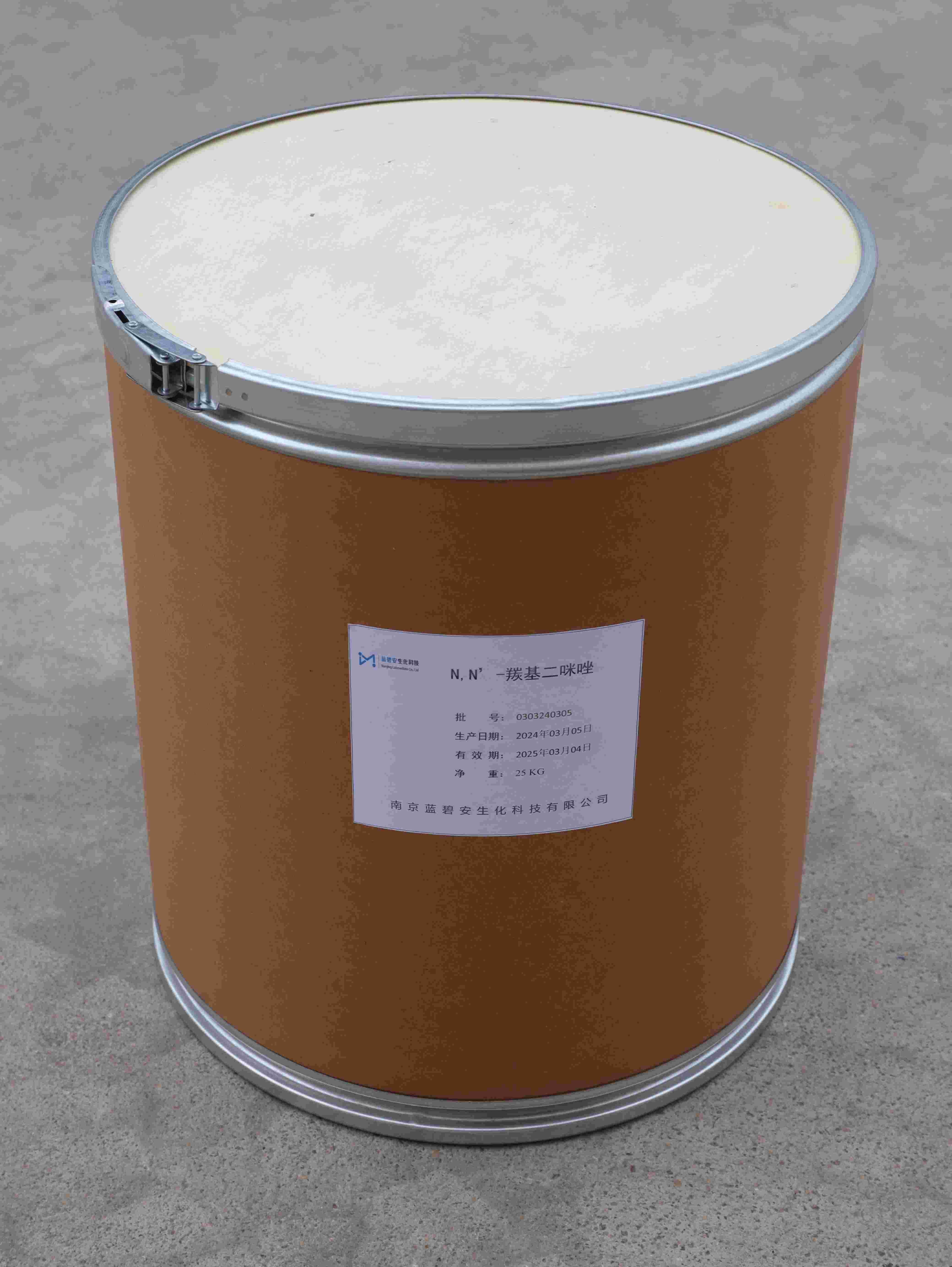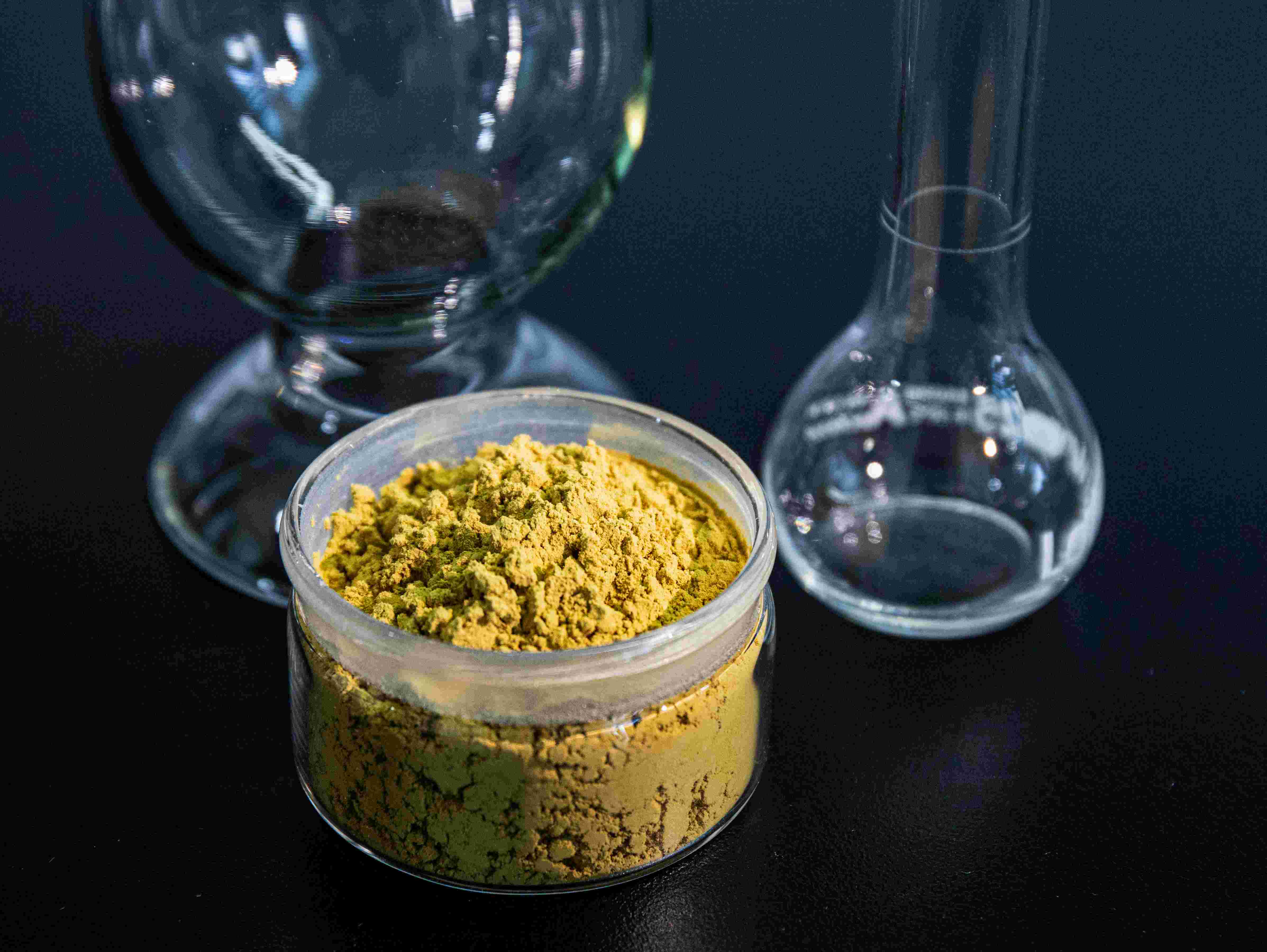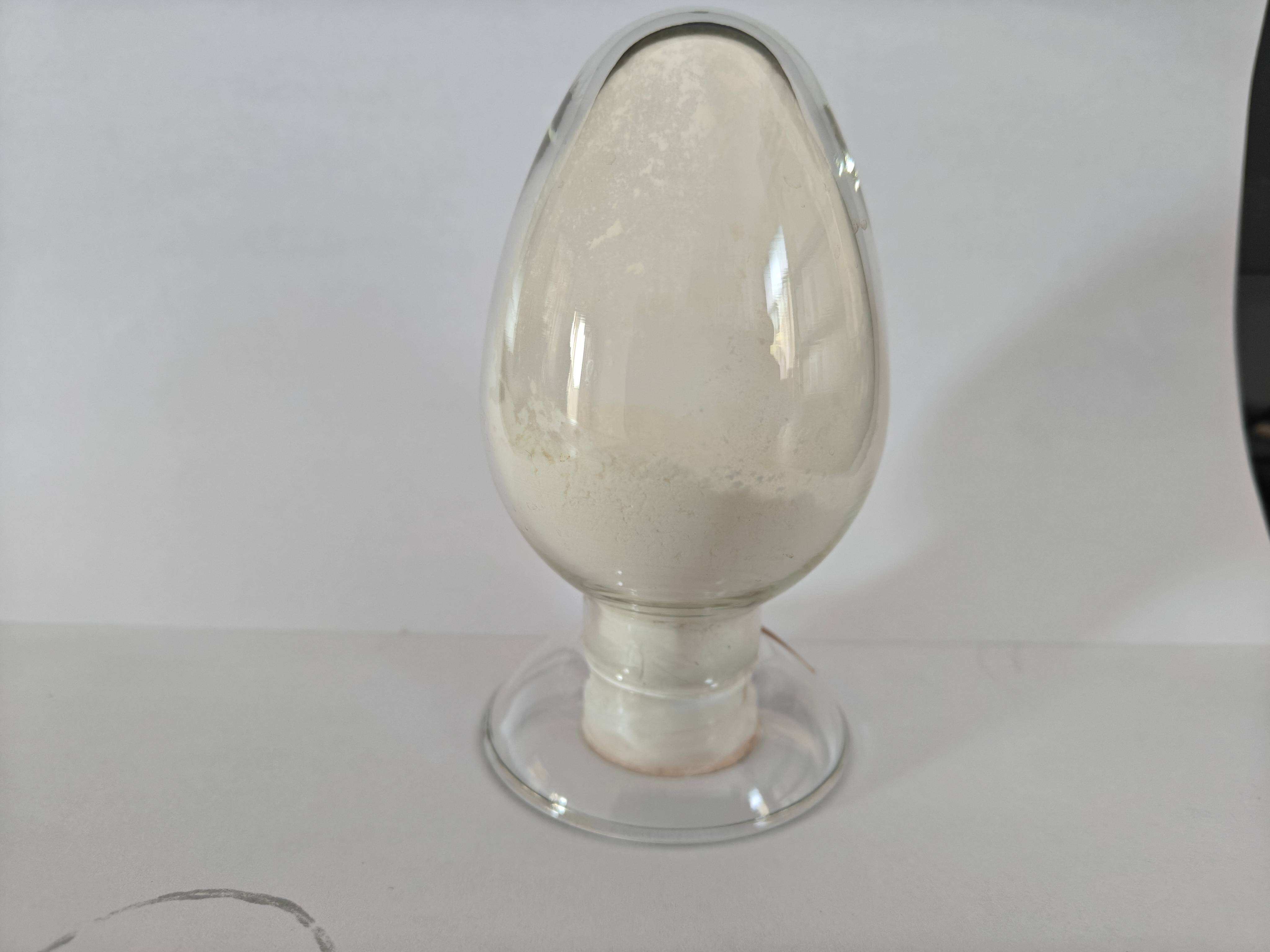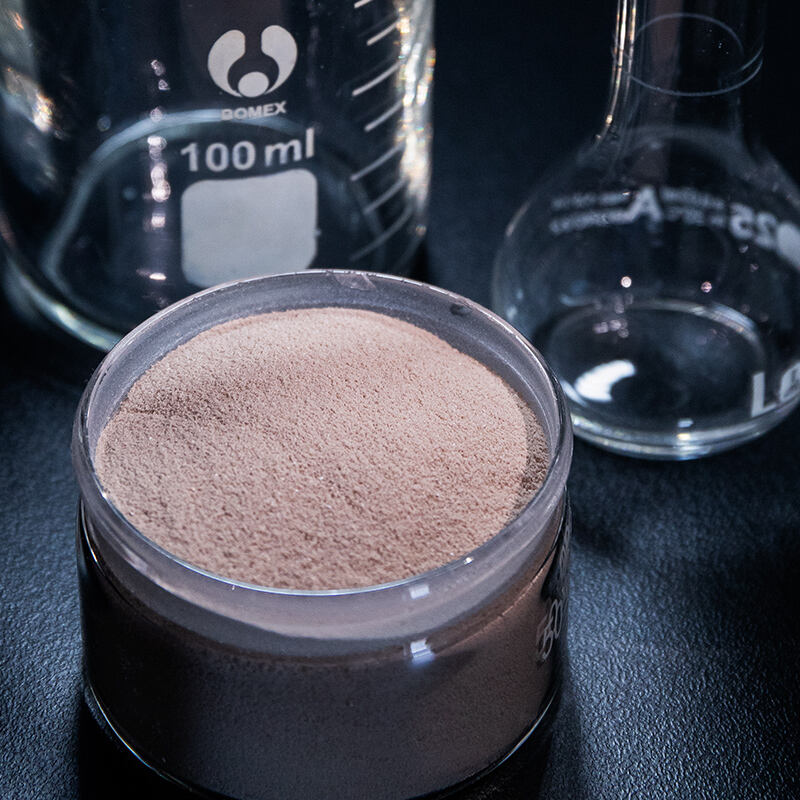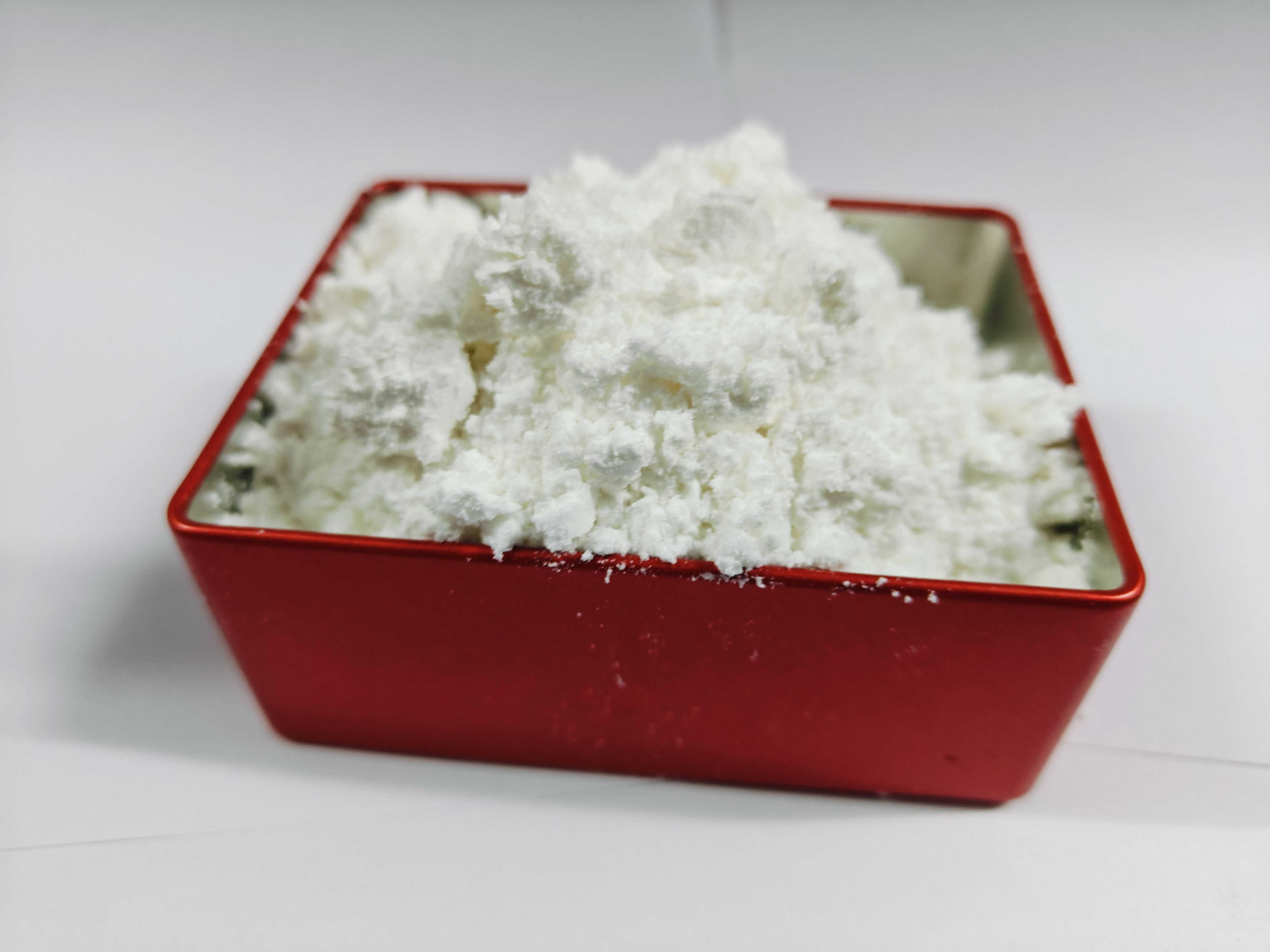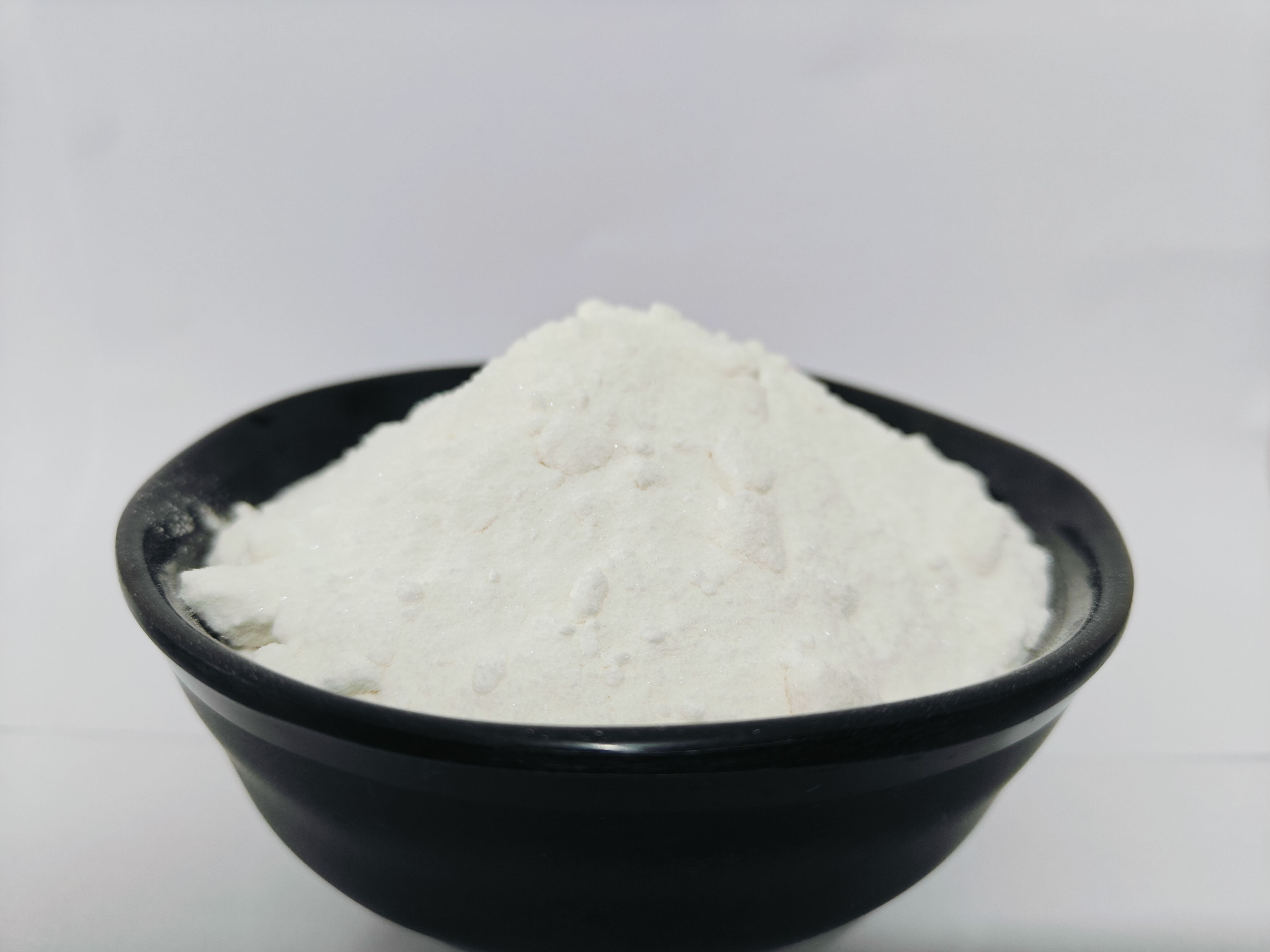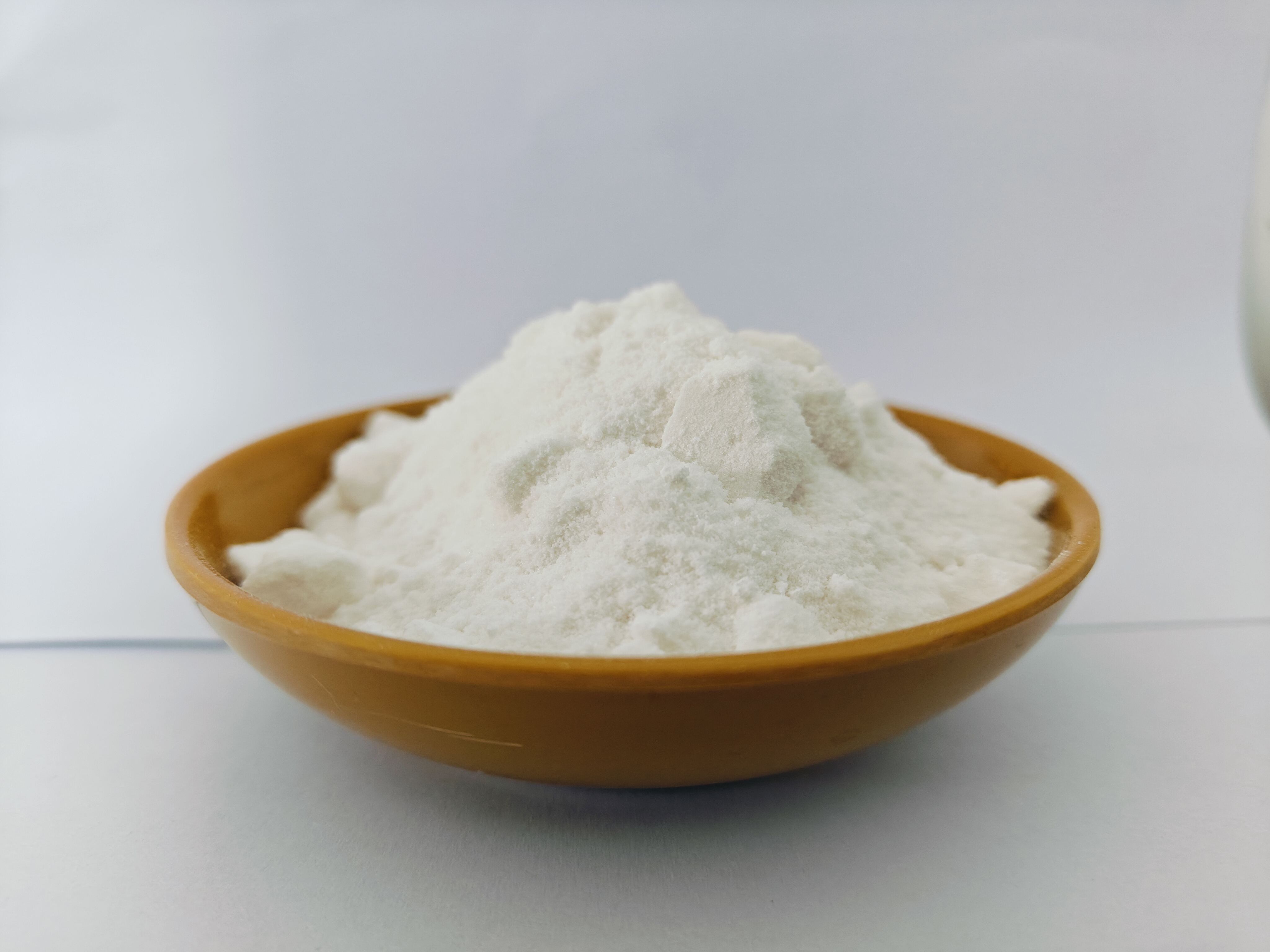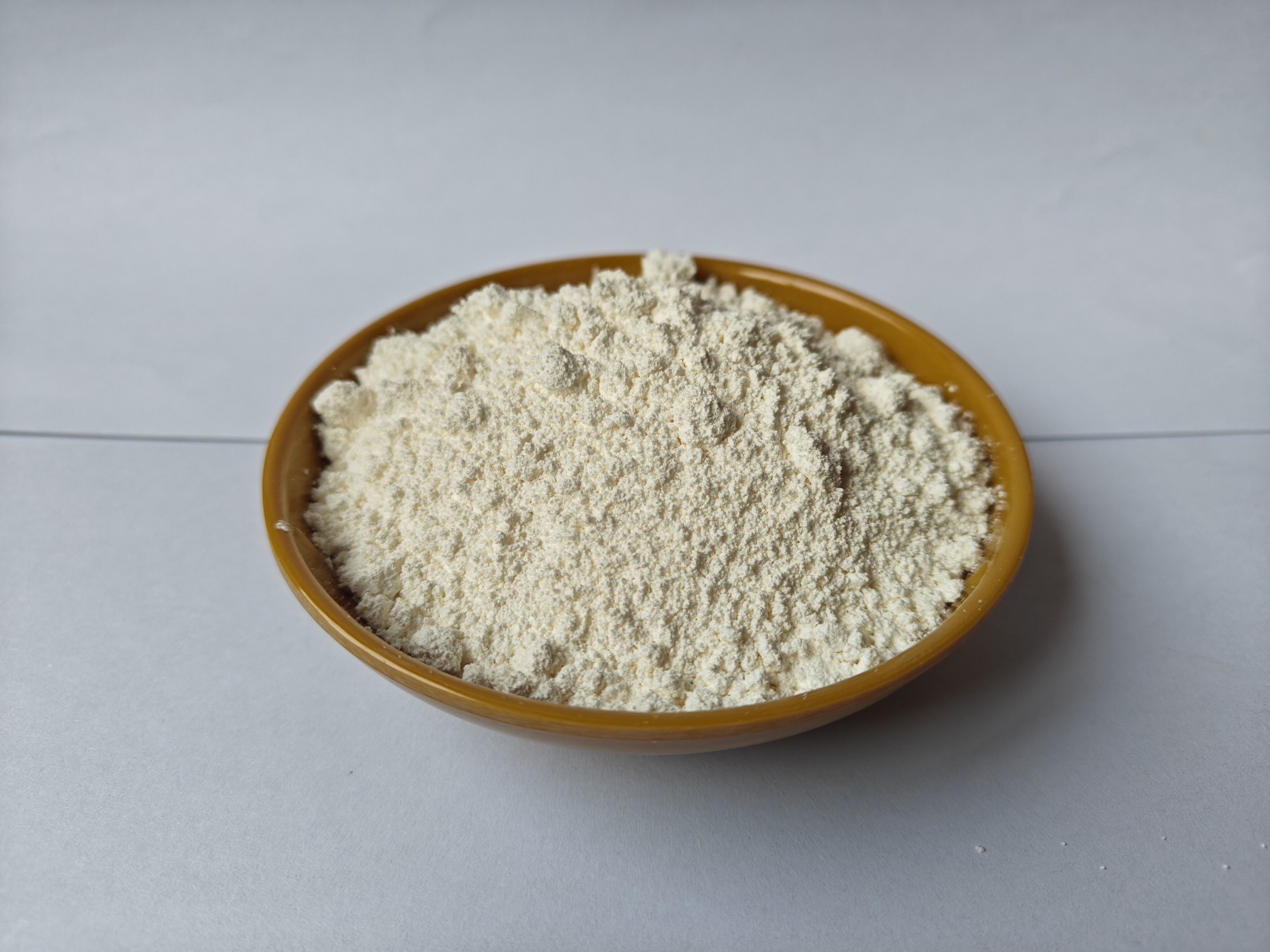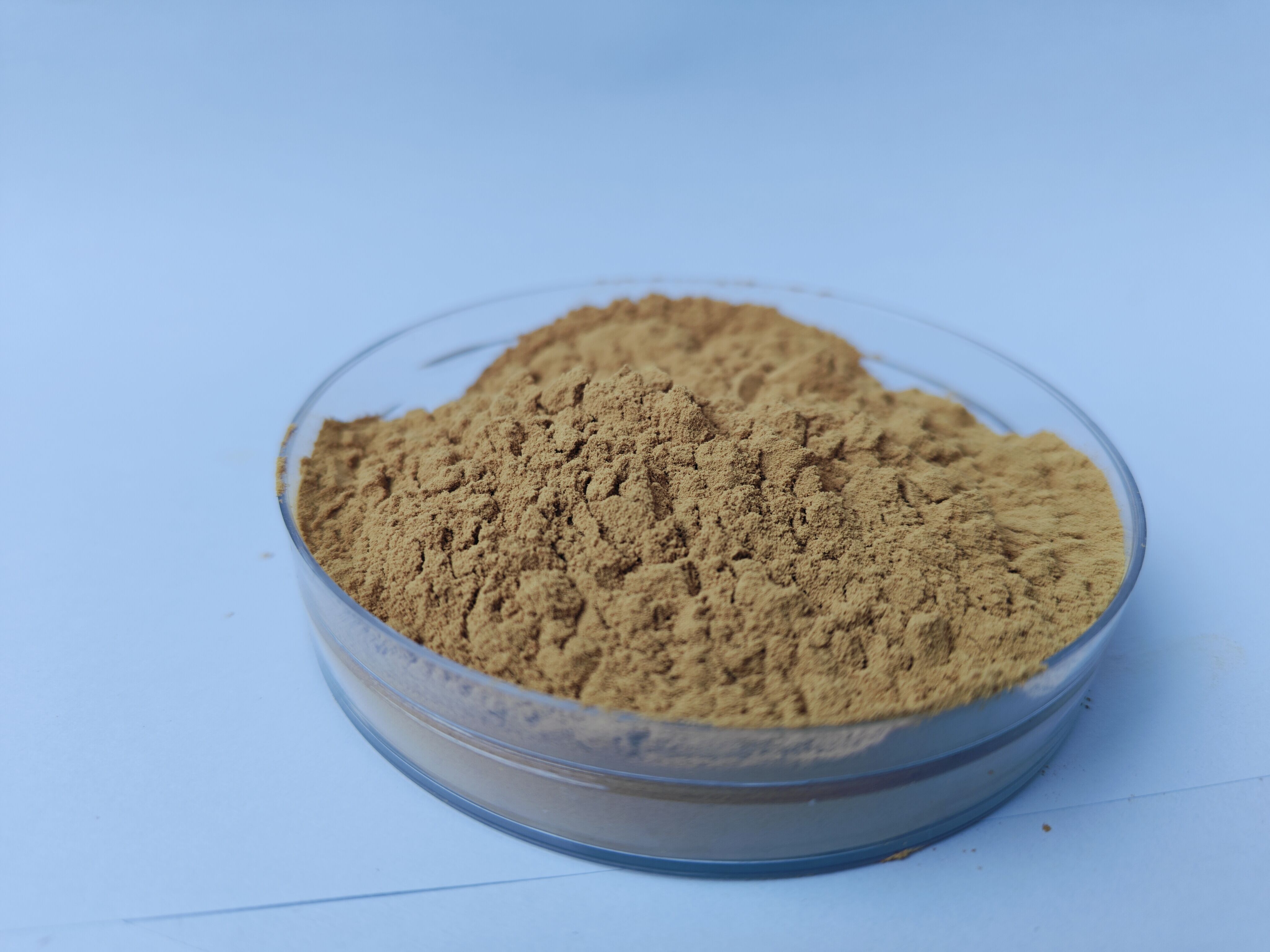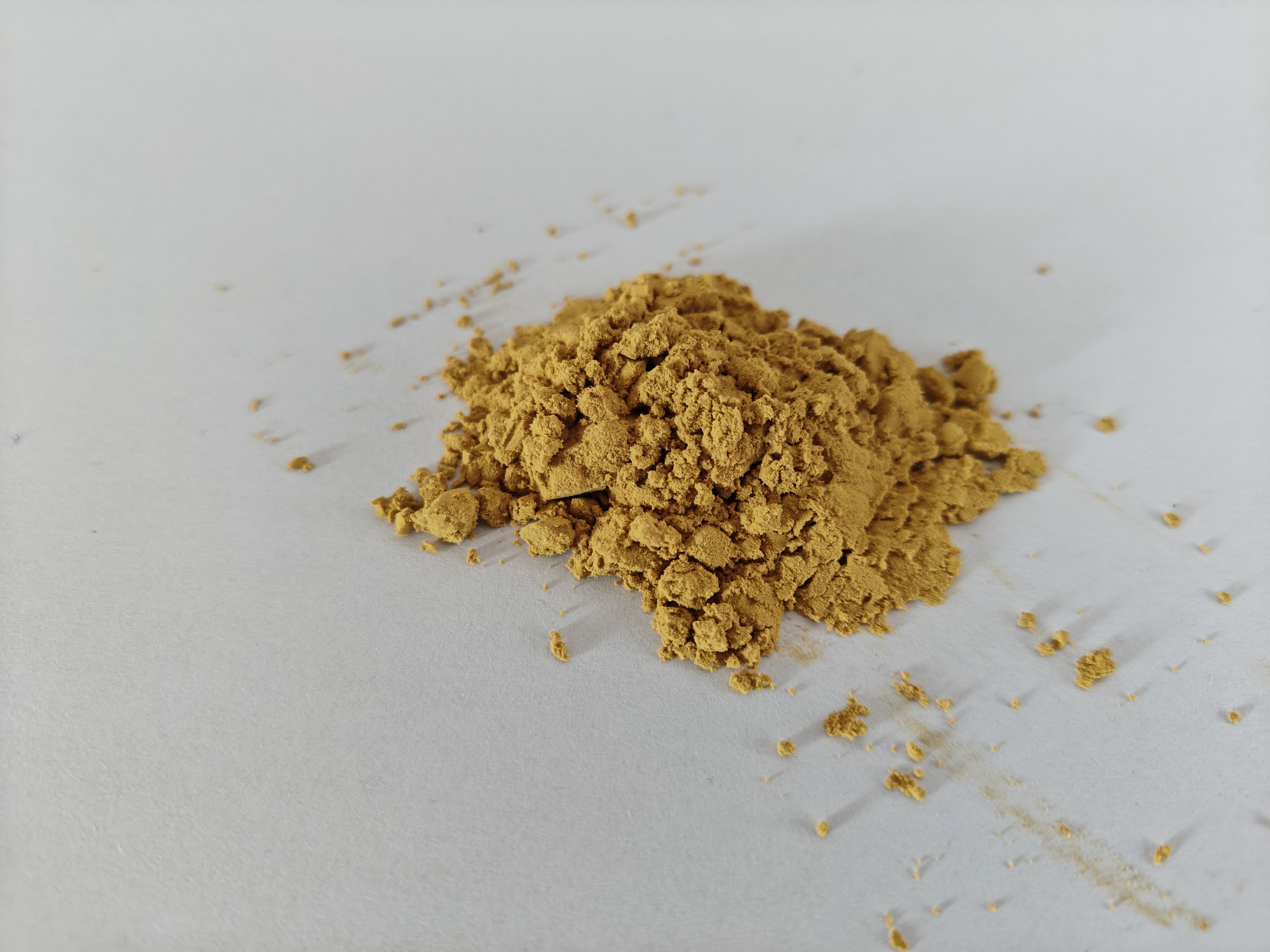thermal stability of tppbq
The thermal stability of TPPBQ (tetraphenyl-p-benzoquinone) represents a crucial characteristic that makes it invaluable in various industrial and research applications. This compound demonstrates remarkable heat resistance, maintaining its structural integrity and chemical properties across a wide temperature range. The thermal stability of TPPBQ is characterized by its high decomposition temperature and resistance to thermal degradation, making it particularly useful in high-temperature applications. In industrial settings, this thermal stability enables TPPBQ to function effectively as a heat-resistant material in electronic components, polymer additives, and thermal interface materials. The compound's ability to withstand elevated temperatures without significant degradation or property changes has led to its widespread use in advanced manufacturing processes. Furthermore, TPPBQ's thermal stability contributes to its reliability as a chemical intermediate in various synthesis reactions, particularly those requiring sustained high temperatures. This stability also ensures consistent performance in applications such as organic electronics, where thermal management is critical. The compound's resistance to thermal decomposition makes it an excellent choice for applications requiring long-term durability under challenging thermal conditions.

